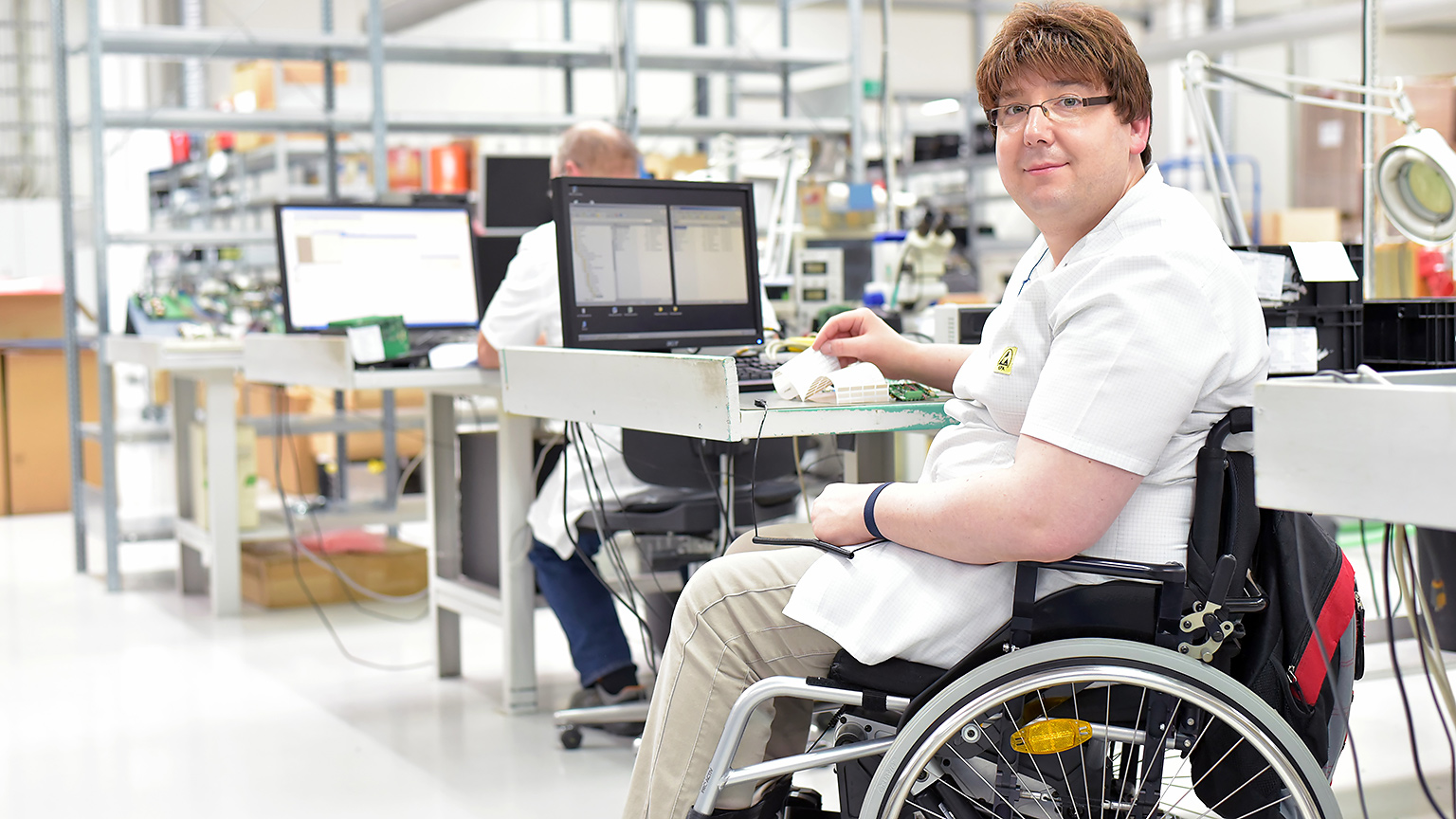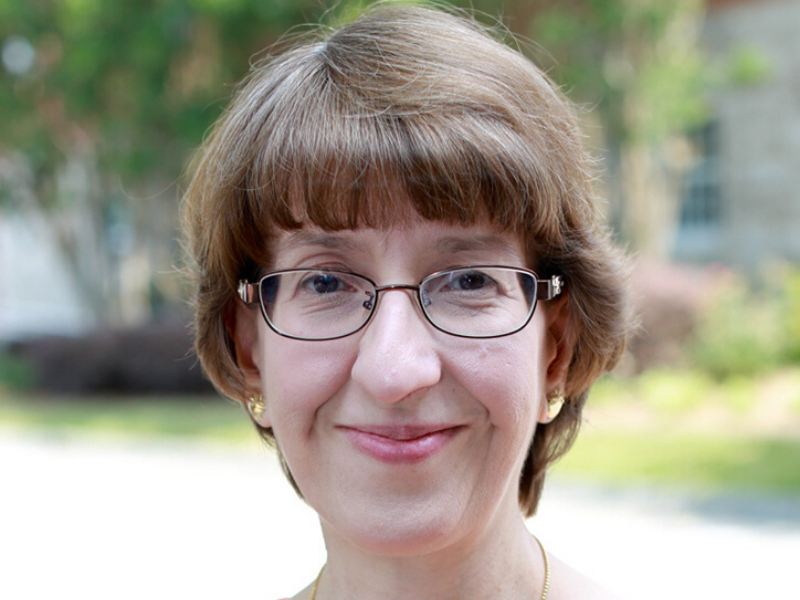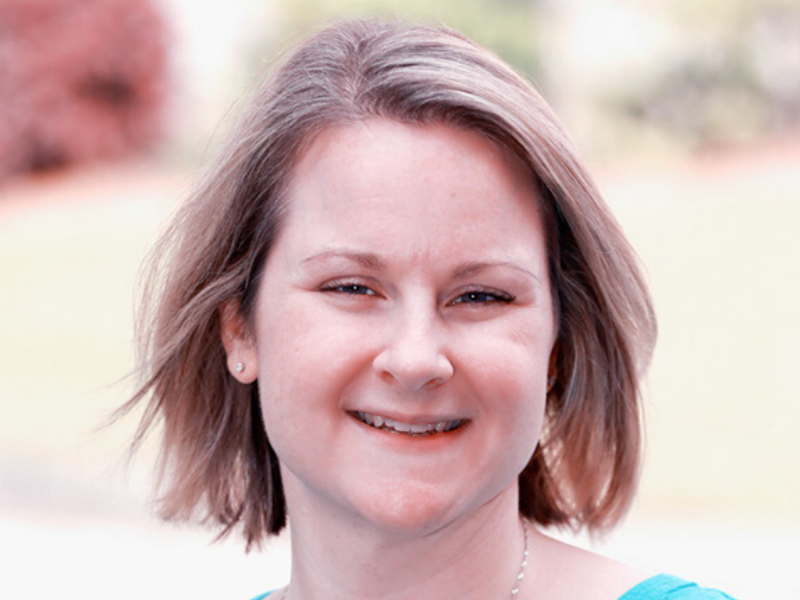New Center Supports Employment Success With Accessibility

Georgia Tech’s Center for Inclusive Design & Innovation (CIDI) has been awarded a $4.3 Million, five-year project by the Administration for Community Living to help people with physical disabilities succeed in the workplace.
The Rehabilitation Research and Training Center on Accommodations, Employment Supports and Success for People with Physical Disabilities (ACCESS-PD) project will study the employment experiences of people with physical disabilities such as spinal cord injury, cerebral palsy, arthritis, or low back pain.
As part of the project, Milchus will establish a National Resource Center to disseminate research findings and provide training and technical assistance to people with disabilities, service providers, and employers.
According to the U.S. Census, about 41.5 million American adults have a physical disability, but these individuals are only half as likely to be employed compared to individuals without disabilities.
Karen Milchus, ACCESS-PD principal investigator, said CIDI’s prior research suggests that one reason for this difference is that many people with disabilities need accommodations (e.g., technology, changes to the environment, or policy changes) to perform their jobs, but they don’t always get these supports.
“When we previously surveyed employees with disabilities, we found that 75% of our respondents could not perform all their job duties without accommodations and 15% said that they had been fired or laid off in the past because they could not get the accommodations that they needed,” Milchus said. “For this reason, we’ve chosen to study how workplace accommodation practices impact employment outcomes.”
ACCESS-PD will examine accommodations and accommodation practices that have a positive impact, but also the individual, social, and environmental factors associated with improved employment outcomes. This research will help employees, rehabilitation professionals, and employers provide individualized solutions for people with physical disabilities, Milchus said.
Martha Rust, co-principal investigator of the project and future director of the resource center said, “The provision of training and technical assistance is essential to ensuring that service providers and employers have the tools and knowledge needed to create accessible environments and support individuals with disabilities effectively.”
“The impact of this initiative extends far beyond the immediate beneficiaries. It will contribute to fostering a more inclusive society where the talents and contributions of individuals with disabilities are recognized and valued. It also aligns with broader efforts to promote diversity, equity, and inclusion in all sectors,” Rust said.


